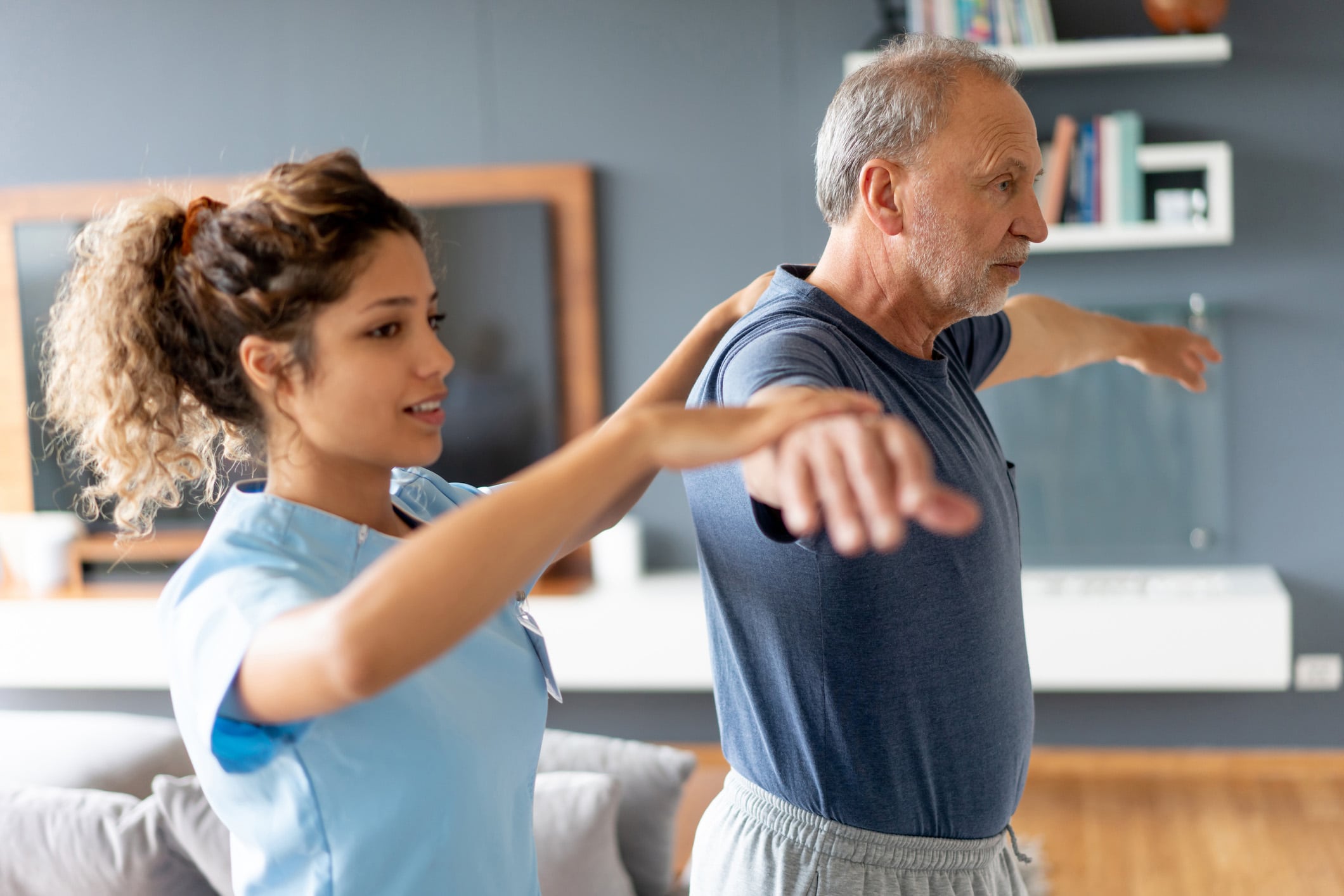
March is Brain Injury Awareness Month, and many are taking time to increase their awareness of the incidence of brain injury and empower people with brain injuries and their caretakers. Traumatic brain injury can be devastating for patients and their families. It takes a tremendous toll, both physically and emotionally, on caregivers.
No two brain injuries are the same, and the effects of injuries may vary dramatically between patients. After an accident where a brain injury is suspected, call emergency services (911) immediately or take the injured directly to the emergency room.
Symptoms of brain injury include but are not limited to:
- Spinal fluid (thin, clear liquid) leaking from the ears or nose
- Loss of consciousness
- Change in vision, hearing or speech
- Dizziness or trouble balancing
- Difficulty maintaining your airway
- Paralysis or weakness
- Vomiting
- Headache
- Confusion
- Inappropriate emotional responses
- Numbness or tingling
While severe cases of brain injury may be quickly recognized, further assessment is often needed to diagnose moderate or mild injuries. After seeking initial treatment, a brain injury patient will need specialized assessment to diagnose the injury and understand the severity. The professionals at UofL Physicians – Neurosurgery and Neurology provide experienced and personalized medical treatment for patients with brain injury. Our neuroscience specialists work directly with UofL Physicians – Physical Medicine and Rehabilitation physicians to create comprehensive treatment plans.
Recovery from a brain injury is a very slow process that takes up to 18 months to see maximal recovery.
UofL Health – Frazier Rehab Institute – Brain Injury Program serves patients of all ages and at all stages of recovery, including traumatic and non-traumatic brain injuries. Accredited by the Commission on Accreditation for Rehab Facilities (CARF), our goal is to restore an individual’s functional independence while re-integrating them into their homes and community in meaningful ways.
There is no way to eliminate traumatic brain injury, however, being aware of brain injury risks can help decrease the incidence.
To reduce the chances of brain injury:
- Always buckle up while riding in the car
- Never drive under the influence of alcohol/drugs
- Wear a helmet when appropriate such as while playing sports or riding all-terrain vehicles
- Prevent falls, especially in older adults, by removing potential obstacles from the home, having regular eye checks, improving balance through exercise and avoiding medications that cause dizziness or drowsiness
- Add safety measures in homes with children, such as safety gates and cushioned mats on the floor of play areas
- Prevent violence
To learn more about traumatic brain injury or to schedule an appointment, visit UofL Physicians – Restorative Neuroscience website.









